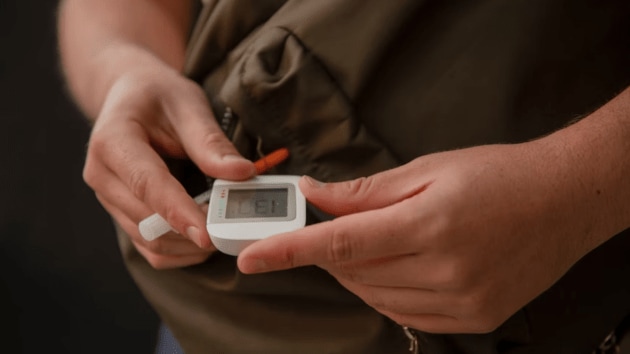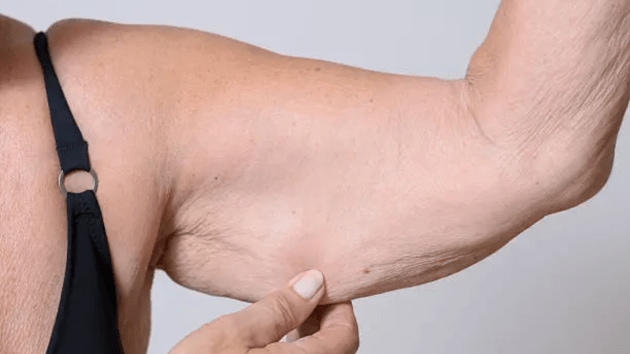Understanding the connection between premenopause and weight loss
This is the connection between premenopausal women and weight loss you need to look out for.
October 24, 2025 12:18 IST 1 / 7
1 / 7Many women notice changes in their body weight and fat distribution as they approach menopause. Hormonal shifts, metabolism changes, and muscle loss all play a role. Here’s how premenopause impacts weight, and what can help. (Source: Photo by unsplash, reference from medscape )
 2 / 7
2 / 7Stress and Cortisol Levels Spike: Perimenopausal women often experience increased stress and poor sleep, which elevates cortisol levels, a hormone that promotes fat storage, especially in the belly area. (Source: Photo by unsplash, reference from medscape )
 3 / 7
3 / 7Sustainable Lifestyle Helps: A balanced approach, protein rich meals, resistance workouts, better sleep, and stress control, helps counter these hormonal shifts and supports healthy, gradual weight loss. (Source: Photo by unsplash, reference from medscape )
 4 / 7
4 / 7Hormonal Fluctuations Affect Metabolism: During premenopause, oestrogen and progesterone levels begin to fluctuate, slowing metabolism and influencing how your body stores fat, especially around the abdomen and thighs. (Source: Photo by unsplash, reference from medscape )
 5 / 7
5 / 7Increased Appetite and Cravings: Hormonal changes can disrupt hunger regulating hormones like ghrelin and leptin, leading to stronger cravings for carbs and sugar, making weight loss more challenging. (Source: Photo by unsplash, reference from medscape )
 6 / 7
6 / 7Insulin Sensitivity Declines: As oestrogen drops, insulin sensitivity decreases, making it harder for your body to regulate blood sugar efficiently. This can lead to weight gain and sluggish fat metabolism. (Source: Photo by unsplash, reference from medscape )
 7 / 7
7 / 7Decline in Muscle Mass: A gradual loss of lean muscle lowers your resting metabolic rate, meaning your body burns fewer calories even at rest. Strength training becomes crucial for maintaining weight. (Source: Photo by unsplash, reference from medscape )











